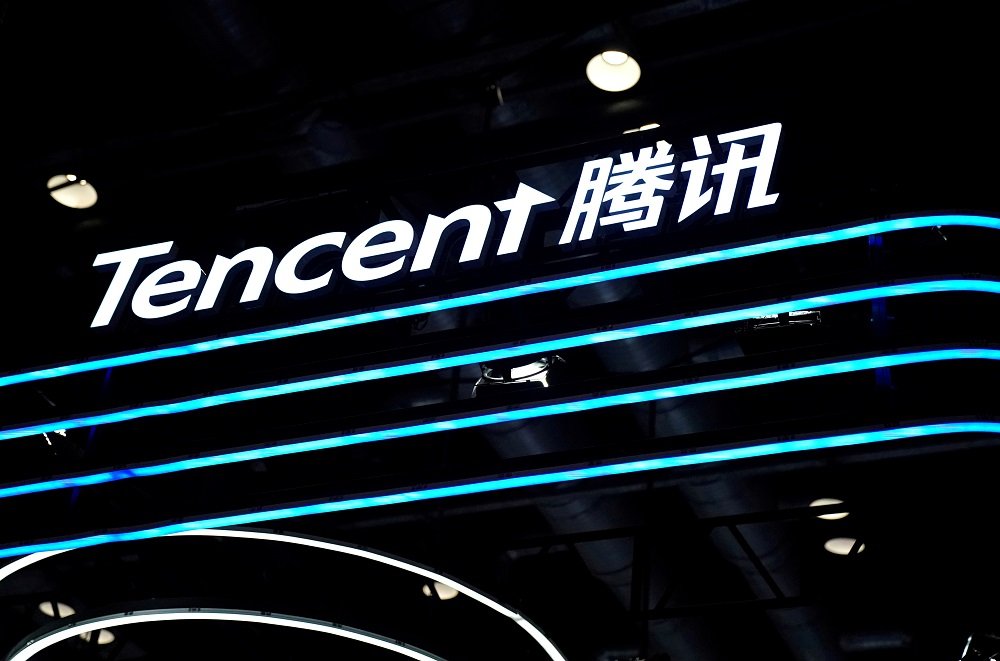
Earlier this month, UK media reported that the Cambridge (UK)-based genomics start-up Congenica was planning to sell a stake to Tencent, the Chinese entertainment giant. So far, so vanilla. But this summer, another cutting-edge biotech start-up in the UK likewise announced it was selling a key stake to Tencent. As the market-based confrontation between China and the West intensifies, we shouldn’t just focus on Chinese takeovers of innovative start-ups. Investments and venture capital funding are just as concerning.
A couple of years ago, Chinese acquisitions of key tech firms were hardly on policymakers’ radar. Even last fall, when I organized an event on the subject, it was virtually an avantgarde matter. Then came COVID-19 and with it a Chinese performance notable only for its obfuscation and lack of cooperation with the rest of the world. That performance seems to have snapped both policymakers and the wider public out of a dream-like state where commercial ties with China were, on balance, beneficial. A Pew poll last month revealed that trust in China has plunged in virtually every Western country.

Commercial ties with China may on balance remain beneficial. But policymakers in countries from Australia to Sweden to Canada are discovering that China can be a callous trading partner given to threats against other countries and their businesses. ”Sweden should assume a positive attitude and address its erroneous decision in order to avoid negative consequences for Swedish companies in China,” China’s Foreign Ministry spokesman Zhao Lijian told a news conference after Sweden had opted not to include Huawei in its 5G network.
Perhaps as a result of Chinese actions, many countries are now quickly updating their rules governing foreign takeovers of strategic firms. In most Western countries, rules have been extraordinarily lax for the past two decades or so. At a British parliamentary hearing two years ago, a senior official revealed in response to a question that during the previous 16 years there had only been eight government interventions in corporate takeovers on national security grounds, whereupon his department’s minister added that “there have been eight interventions, but that has to be put into the context of literally thousands of M&A transactions”. The minister thought that was a reassuring statement. Now, it looks rather different.
Unsurprisingly, the UK is updating its legislation. Germany has already strengthened its rules, as have France, Italy, and the United States. Sweden, which abolished virtually all barriers in the nineties, is fast-tracking legislation to establish some sort of scrutiny of foreign buyers. Between 2014 and 2019, Chinese buyers acquired 51 Swedish firms, which gave them control over some 100 subsidiaries, and bought minority stakes in 14 additional companies. About half of the Swedish firms were active in key sectors of China’s Made in China 2025 strategy for economic superpower status.
That’s great. But takeovers are only one way in which China, in particular, exploits the openness of our markets — for its definite benefit and our certain loss. Minority investment and early-stage venture capital funding are popular techniques, too, and because they’re less obvious than acquisitions they fly under the radar. The investments in Congenica and its fellow biotech firm Nanopore likely received a bit of media attention, as the investor is Tencent, the vast Shenzhen-based firm that owns, among other things, the messaging platform WeChat. Nanopore, based in Oxford, specializes in gene sequencing group and is also developing faster COVID-19 tests.
Otherwise, though, minority investments rarely raise
eyebrows — and ordinarily they should pose no concern. But foreign buyers can
achieve much the same gain through minority investments as through takeovers:
access to key technology that they can use for themselves. If the buyer is
Chinese, that key technology benefits Made in China 2025.
The same is true for venture-capital funding of young startups. In Silicon Valley, the venture-capital firm Danhua Capital currently has some two dozen early-stage startups — primarily in AI, biotech, and fintech — in its portfolio. As Reuters reported in 2018, Danhua was established and funded with help from the Chinese government. Reuters also found that more than 20 Silicon Valley venture capital firms have close links to a Chinese government fund or state-owned entity. Chinese firms maintain a similarly active venture-capital presence in other research epicenters such as Cambridge in the UK.
It’s good that parliaments and governments are beginning to take seriously the risk of vital technology and expertise being lost to their countries — and gained by a geopolitical rival — through takeovers. If they want to stem the exodus of these precious goods, though, they’d be foolish to limit themselves to acquisitions. As Sun Tzu said, using more sophisticated language: Think like your adversary. If we were a country trying to outcompete leading Western nations, wouldn’t we also go to their centers of innovation, completely legally, and invest our way into that phenomenal source of power? Innovation is ultimately what we must protect.
The post We should worry about Chinese venture capital funding appeared first on American Enterprise Institute – AEI.
